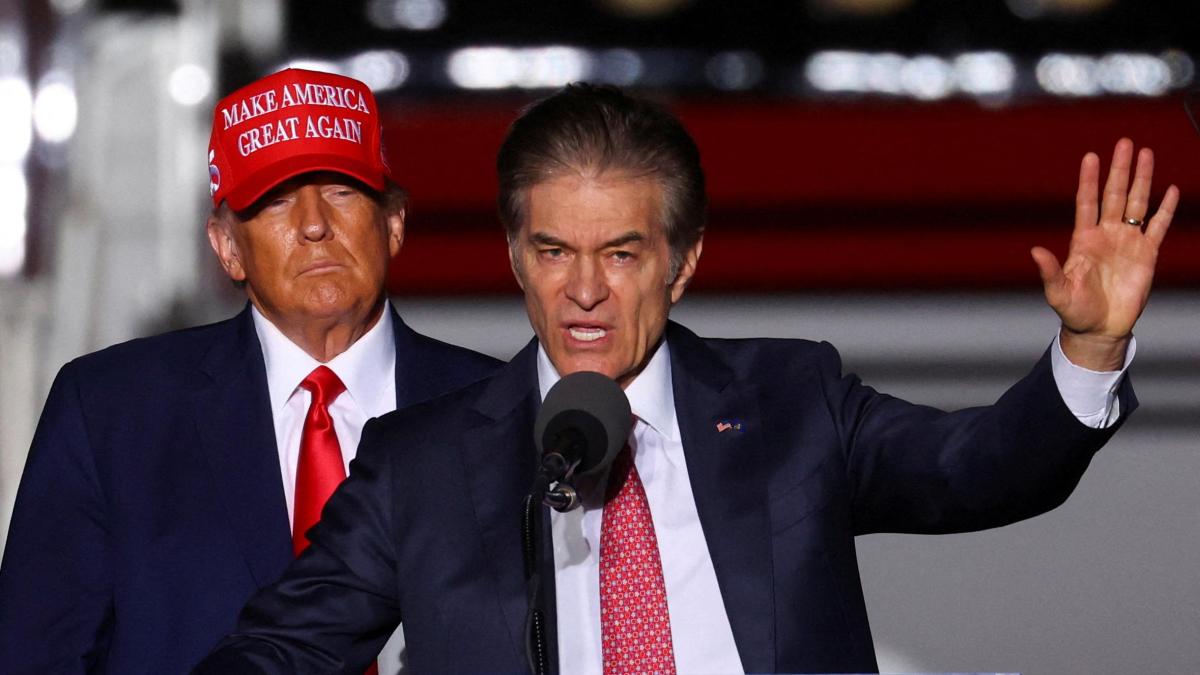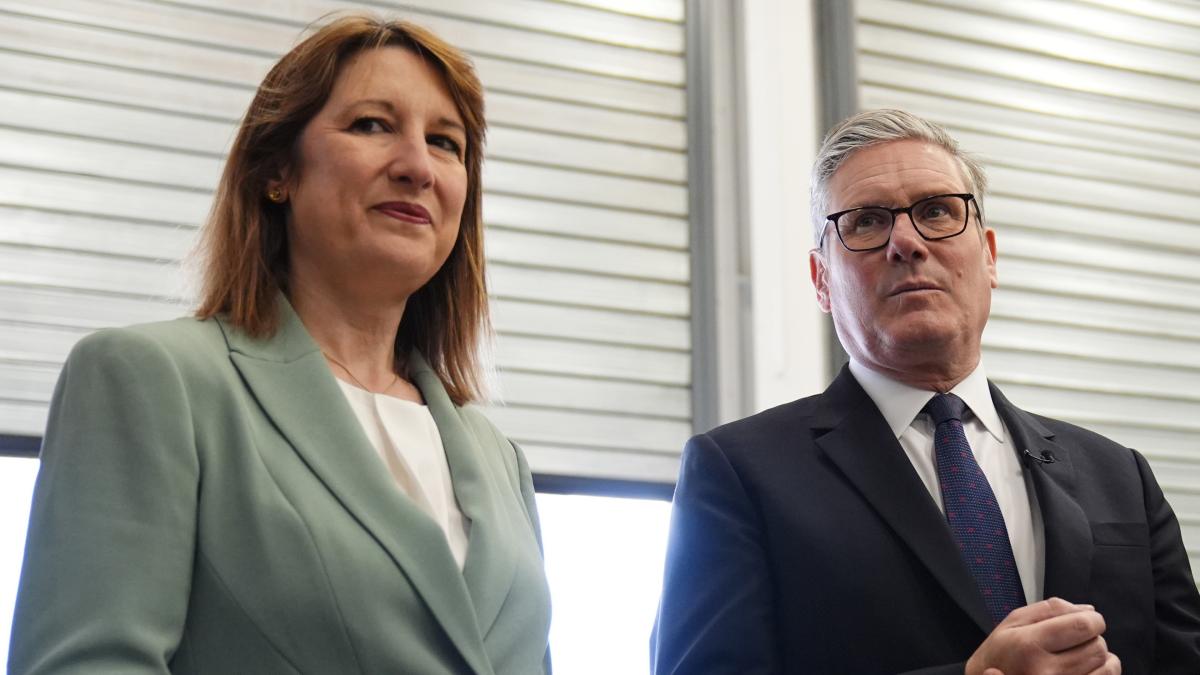As the American public braces for yet another wave of controversial appointments in the future Trump administration, one figure stands out: Dr. Mehmet Oz, the television star and proponent of alternative medicine dubbed by some as the ‘wizard of wellness.’ Trump’s announcement that Oz will oversee Medicare and Medicaid raises eyebrows on multiple fronts.
“America faces a healthcare crisis,” declared the president-elect on his Truth Social platform. “And there may be no doctor more qualified to make America healthy again than Dr. Oz.” But can a physician who has made his name selling alternative remedies truly shoulder the responsibility of managing a healthcare system that serves over 150 million Americans?
A Career Defined by Controversy
Dr. Oz has a storied background, graduating from Harvard University and the University of Pennsylvania before making a name for himself in the realm of television medicine. He first gained widespread acclaim as a guest on Oprah Winfrey’s show, later launching his own program, The Dr. Oz Show, in 2009. However, his advocacy for faith healing, alternative medicine, and various pseudoscientific claims has not come without backlash from the medical community.
In addition to his controversial views, Oz has shifted his position on Medicare over the years. His advocacy for the expansion of certain health plans contrasts with many of Trump’s policies. Most troubling for many, however, is the knowledge that this man could be the face of healthcare for some of the most vulnerable groups in America.
Critics argue that his elevation to this role might pave the way for further normalization of pseudoscience in American public health policy. He has previously faced severe criticism for promoting dubious health products on his show, such as a “miracle pill” for weight loss, which led to a Senate inquiry in 2014 to address concerns about fraudulent health claims.
It isn’t just his television presence that has dimmed his credibility; his policy positions raise further questions. For instance, while Trump’s administration is often seen as a champion of conservative policies, Oz has expressed support for lowering prescription drug prices—an initiative associated with Democrat Joe Biden’s administration. This opposing stance raises significant concerns about his ability to align with Trump’s broader healthcare policies moving forward.
The Impact of Trump’s Unconventional Choices
Dr. Oz is not alone in the roster of unusual selections for Trump’s cabinet. Alongside Robert Kennedy, known for his anti-vaccine stance, Oz’s inclusion signifies a bold and unpredictable approach to governance.
Trump has labeled Oz as an “eminent physician, cardiac surgeon, inventor, and first-class communicator,” but skeptics are questioning the qualifications that truly matter: bureaucratic experience and knowledge of health insurance regulations. Critics point to his wealth—son of Turkish immigrants, the 64-year-old entrepreneur has become a billionaire—illustrating a disconnect from the working-class voter base Trump often claims to represent.
In 2022, Oz made a bid for the U.S. Senate in Pennsylvania, bankrolled by Trump’s endorsement and ultimately losing to Democrat John Fetterman. Since then, he has unwaveringly supported Trump, which is now being rewarded with a significant role overseeing health services.
A Risky Gamble for Healthcare
As the agency responsible for the Centers for Medicare and Medicaid Services (CMS)—accounting for about $1 trillion of federal spending—Oz’s potential appointment comes with grave responsibilities. With ongoing debates surrounding Medicare Advantage and the rising costs of healthcare, his approach could significantly affect the quality of care provided to millions.
Oz’s lack of previous bureaucratic experience stands out. Historically, those in charge of CMS have been familiar with the intricacies of health care policies, but Oz’s celebrity status may signal a departure from traditional criteria for such an important role.
With a cabinet already fraught with controversy, Dr. Oz could either become a beacon for reform within Medicare and Medicaid or plunge America deeper into a realm of health care absurdities—a risk that must be evaluated as his Senate confirmation looms.
Political Appointments and the Legacy of Trump
Trump’s cabinet—already marked by unconventional choices, including Linda McMahon, former wrestling mogul now slated for the Department of Education—shatters normative expectations of political appointments. McMahon’s experience in education primarily arises from her involvement in WWE, raising questions on proficiency in managing public educational frameworks.
The implications of such appointments extend far beyond governmental efficiency. During his first term, Trump’s selections evoked dialogues about the role of personal loyalty, wealth, and celebrity status in governance. In fact, these appointments signify a shift in how traditional political structures might be composed—a phenomenon shaping the policies and practices we’ll witness in the coming years.
As he takes office in January 2025, it is vital to scrutinize how Dr. Oz navigates the public health landscape amid growing concerns regarding health misinformation and the politicization of science, particularly following the twisted path of COVID-19 responses.
Will Dr. Oz rise to the occasion and push for evidence-based healthcare? Or will he perpetuate the seepage of pseudoscience into American healthcare policy? The answers will shape the future of Medicare and Medicaid and the health of millions.














